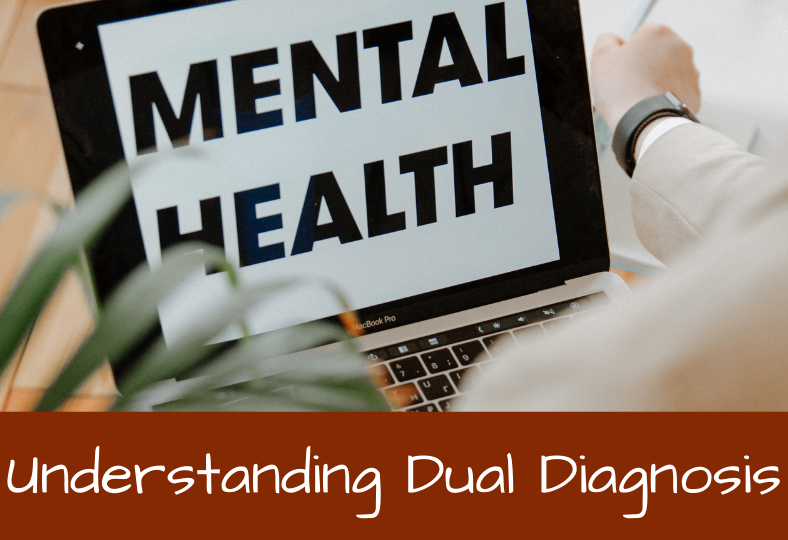
Dual Diagnosis Treatment Centers are specialty centers that offer a full range of services to those who have substance abuse or dependence issues. Inpatient and residential programs are offered to treat patients seeking out treatment for their addiction or alcoholism. These centers use a unique, interactive, and supportive dual diagnostic treatment approach to offer the patient’s comprehensive recovery from addiction. Dual Diagnosis Treatment Centers can help addicts with substance abuse disorders find complete recovery and live productive lives.
Group Therapy
A majority of Dual Diagnosis treatment centers utilize group therapy in their program for the patients. Group therapy allows the patients to be able to interact and get to know each other better. This in-house group therapy also allows for a more personalized recovery plan because the therapists are able to identify specific problem areas that are common between patients. The therapists are also trained to recognize symptoms and differences in behavior and mood that may be used as an indicator of a specific substance abuse or dependence issue. This group therapy can then be used in an interactive environment to provide the necessary information for the patient to properly understand their condition and to learn coping mechanisms that will allow them to stay alcohol or drug free.

Psychological Assessment
Another goal of dual diagnosis treatment centers is the use of psychological assessment in their treatment programs. Through a thorough assessment process, mental health professionals are able to determine if a patient is dealing with a serious mental health concern. The assessment screens positive for substance use disorders such as alcoholism, drug abuse, depression, bipolar disorder, etc. which will enable the psychiatrist to develop a treatment plan that is appropriate for the patient’s needs.
Co-occurring Disorder Listings
In addition, Dual Diagnosis treatment centers employ the use of co-occurring disorder listings. This listing is utilized to determine if a patient may be suffering from a co-occurring mental illness or addiction. When evaluating co-occurring disorders, it is important to know if the symptoms are severe enough to interfere with the person’s functioning within the daily routine. If so, then treatment should be considered.
Inpatient Treatment Programs
If you are suffering from a serious mental illness or addiction, then your best bet is to enter into an inpatient treatment program. However, keep in mind that Dual Diagnosis treatment centers prefer inpatient treatment for their clients due to the privacy, security and confidentiality maintained by the facility. Many people who are uncomfortable entering a mental health facility prefer to utilize an inpatient treatment program at home. Dual Diagnosis Treatment Centers recognizes that individuals do not want to divulge their deepest most thoughts to anyone. In fact, many individuals feel more comfortable receiving inpatient treatment at a Dual Diagnosis Treatment Center because they are confident that their medications will be administered in the privacy of their own home.

Conclusion
Dual Diagnosis Treatment Centers offers both inpatient and outpatient services. Some treatment centers offer only inpatient treatment options, while others also offer both options. You should inquire about the available treatment options with the staff of your nearest Dual Diagnosis Treatment Center. In many cases, it is possible to return to your inpatient treatment center once you have received all necessary treatment for your illness.





